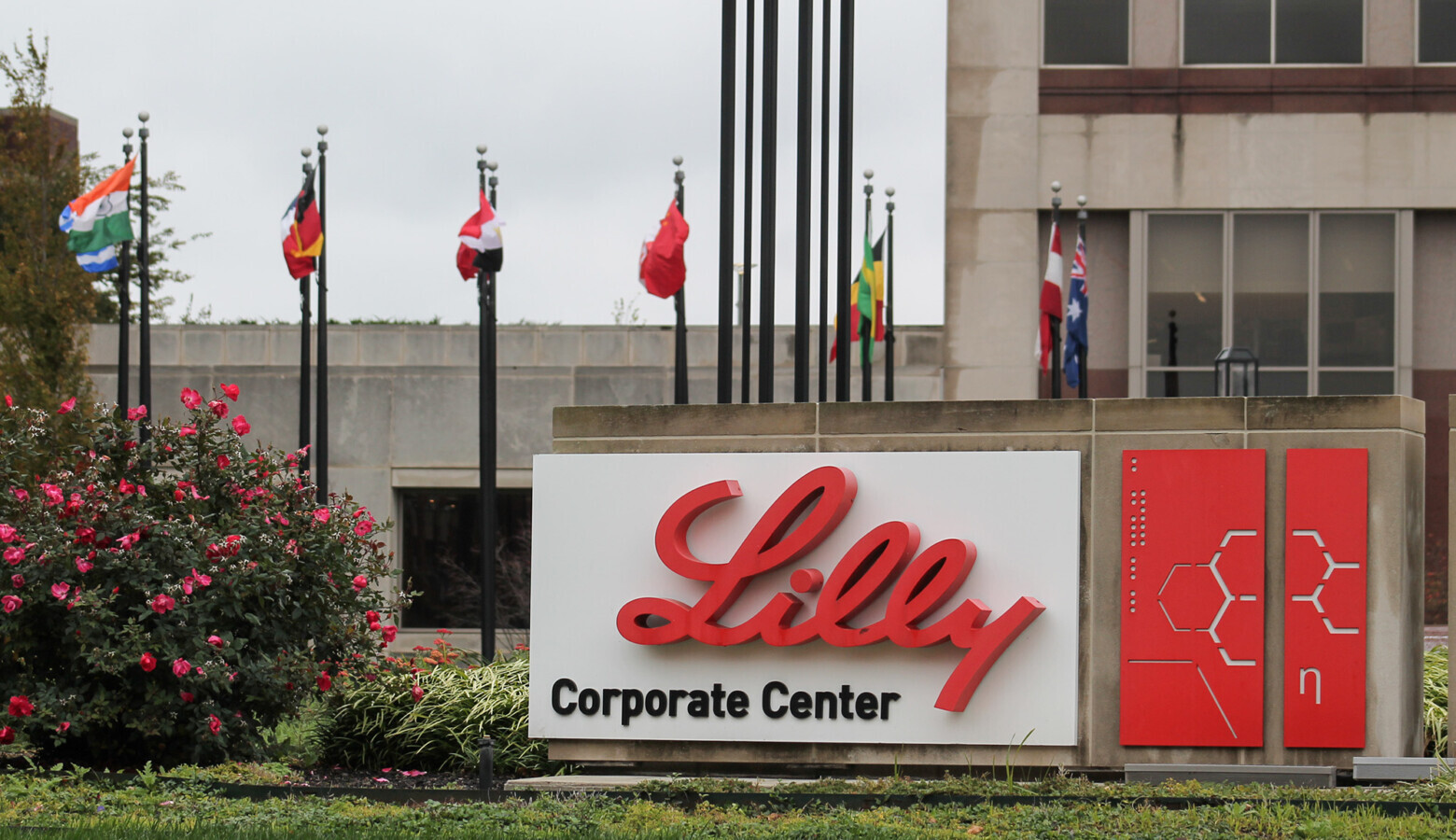Eli Lilly Donates COVID-19 Treatments To India, Other Countries Around The World

Eli Lilly is joining other pharmaceutical companies working to fight the surge of COVID-19 cases in India. The country has reported almost 4,000 deaths Wednesday and is averaging over 300,000 new cases a day.
The Indianapolis-based global company is donating COVID-19 treatments to help severe cases in India and other countries struggling with the virus.
Lilly is providing three of its COVID-19 treatments found to help treat severe cases to the non-profit group Direct Relief to help low- to lower-middle-income countries that are most affected by the virus.
“In developing countries, they have different access issues in terms of just infrastructure for getting products and services to people,” said Tiffany Benjamin, Eli Lilly and Co. Foundation president. “And then the populations are large, and the need is substantial. And we just could see that something was happening, and we could not stand by without doing something to make an impact.”
The company is also donating an initial 400,000 tablets of one of the drugs, baricitinib, to India. It will be able to be used to help treat hospitalized adults with COVID-19 who require supplemental oxygen, are on a ventilator, or are on ECMO life support.
The donation comes one day after receiving restricted emergency use approval in India of Lilly’s arthritis drug that has also shown to be effective in severe COVID-19 cases.
In a news release, Lilly CEO David Ricks said he hopes the company’s efforts to increase access to the drug will help India where “hospitals are overwhelmed by the number of cases and patients need access to potentially life-saving treatments.”
Lilly joins drugmaker Gilead who has also donated some of its COVID-19 treatment to India. The country is seeing hundreds of thousands of new cases a day and facing a shortage of hospital beds and oxygen supply.
Benjamin said the company is not only donating the medication, but also working with local pharmaceutical companies to try to accelerate production of the drug.
“What we understand is this is a crisis,” said Benjamin. “And so we need to pull a lot of different levers and think creatively about how we can help people as soon as possible.”
She said this is one of many efforts by the company to help low- and lower-middle income countries around the world, as well as Indiana.
Contact reporter Samantha at [email protected] or follow her on Twitter at @SamHorton5.

